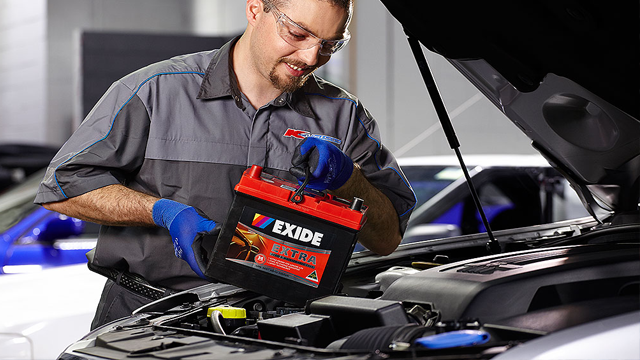Car batteries are an essential component of any automobile as they power the electrical systems within the car, including its engine. However, they have a limited lifespan and will eventually need replacement. In this article, we’ll take a closer look at the factors that affect car battery life, the types of batteries available, and how to extend your car’s battery life.
How Long Do Car Batteries Last?
The lifespan of a car battery is primarily determined by its chemical composition. These batteries often comprise lead-acid, gel, or absorbed glass mat (AGM) technology. Lithium-ion and nickel-metal hydride (NiMH) batteries are also becoming increasingly popular in hybrid and electric vehicles.
Various factors can contribute to the degradation of a car battery over time. One of the most significant factors is temperature. Extreme heat or cold can cause the battery to deteriorate more quickly. Additionally, the number of charge cycles, maintenance practices, and driving habits can all affect battery lifespan.
The average lifespan of a car battery is typically between three to five years, though some may last for up to ten years under ideal conditions. Lead-acid batteries are the most common type and typically last three years. Gel batteries can last up to five years, while AGM batteries have a slightly longer lifespan of up to six years. Alternatively, lithium-ion batteries can last for up to ten years.
What Affects The Car Battery Lifespan?
The lifespan of a car battery can vary depending on several factors. One of the most critical factors is extreme temperatures. High heat is common in Arizona and can significantly impact a battery’s performance, leading to a shorter lifespan. In hot weather, the battery is working harder, and the chemical reaction inside the battery increases, which can cause internal damage to the battery. In contrast, during cold weather, the battery’s electrical systems require more energy, making it harder for the battery to function. It’s crucial to avoid exposing your car battery to extreme temperatures, as this can lead to a short battery life.
Another significant factor that influences battery life is the type of battery. There are various types of batteries, including maintenance-free and non-maintenance-free batteries, nickel-metal hydride batteries, and hybrid car batteries. Each of these batteries utilizes different chemical reactions, which can affect their lifespan. As a car owner, it’s essential to know the type of battery your car uses and its specific lifespan.
Your driving habits and maintenance practices also play a vital role in determining your car battery’s lifespan. Short trips or frequent stop-and-start driving can reduce the battery’s life, preventing the alternator from charging the battery fully. On the other hand, taking long trips or keeping your car idle for an extended period can also have a negative impact on battery life. It’s important to keep up with recommended maintenance, such as checking battery terminals, keeping the battery clean, and using a battery maintainer or tender to keep the battery charged.
How to Extend Your Battery Life
Proper maintenance of your car battery is essential to guarantee its longevity and performance. While you can’t control certain factors that can affect your battery life, such as extreme weather conditions or internal battery damage, there are several practices you can follow to extend your battery life and minimize battery degradation.
First, it’s important to inspect the hold-down clamps that secure your battery in place. Rough road conditions can cause the battery to vibrate, leading to damage and reduced battery efficiency. Make sure that the hold-down clamps are secure and that the battery is not moving around. Also, make sure they’re not over-tightened. We’ve seen plenty of batteries clamped down so hard it puts pressure on the casing.
Another way to extend your battery life is by always turning off electrical systems when your car is not running. This includes headlights, stereo systems, and any other car accessories. Leaving these electrical systems on can drain your battery and reduce its lifespan.
Using a car battery maintainer is an excellent way to keep your battery in good condition and extend its lifespan. A battery maintainer keeps your battery charged, even when the vehicle is not in use. This helps to prevent the battery from discharging and reduces the risk of battery degradation.
It’s also important to keep the battery terminals clean and corrosion-free. A buildup of corrosion on the battery terminals can lead to poor battery performance and reduce your car battery’s lifespan. Make sure to remove any corrosion from the battery terminals regularly and keep them clean.
Finally, booking a regular battery service can help to boost your battery’s efficiency and extend its lifespan. During a battery service, a mechanic will perform a battery load test and check the battery for any signs of internal damage. Regular battery services can help to identify potential issues early and prevent any further damage to the battery, so schedule your maintenance with us today!






